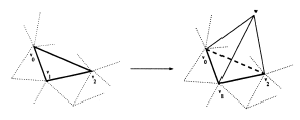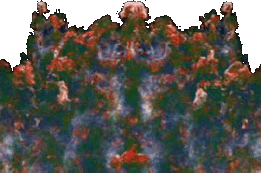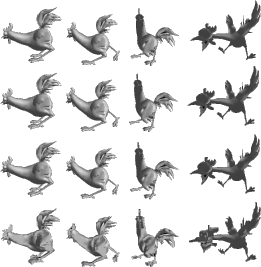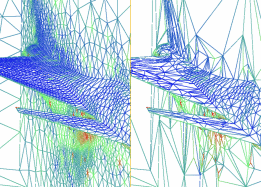
- Topics:
- Error metrics.
- Boundary effects and other special cases.
- Decimation techniques.
- Speaker: Paolo Cignoni.
- Time: 45 min.
- Downloads: (pdf-references) (pdf-presentation)
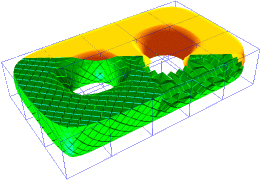
- Topics:
- One-dimensional B-spline subdivision.
- Tensor product extension to 2D and 3D meshes.
- 3D multi-linear subdivision.
- Slow growing subdivision.
- Speaker: Valerio Pascucci.
- Time: 45 min.
- Downloads: (pdf-references) (pdf-presentation)
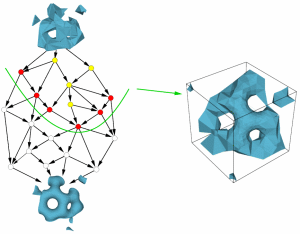
- Topics:
- Graph-based data structures for unstructured meshes
- Tree-based data structure for unstructured meshes
- Hierarchical representations of regular meshes
- Selective refinement queries and algorithms
- Speaker: Leila De Floriani.
- Time: 55 min.
- Downloads: (pdf-references) (pdf-presentation)
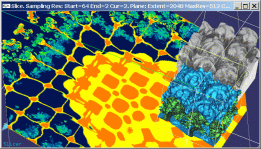
- Topics:
- Cache Oblivious Data Layouts for Out-of-core Refinement.
- Progressive Slicing and Volume Rendering of Rectilinear Grids.
- Remote Data Streaming for Real-time Monitoring of Scientific Simulations.
- Speaker: Valerio Pascucci.
- Time: 50 min.
- Downloads: (pdf-references) (pdf-presentation)
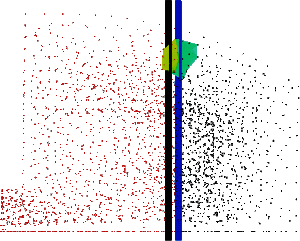
- Topics:
- Foundations of Volume Rendering.
- Transfer Functions.
- Ray Tracing.
- Out-of-core Implementations.
- Speaker: Claudio Silva.
- Time: 50 min.
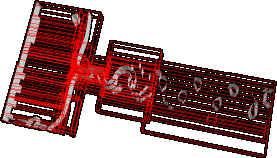
- Topics:
- Isosurface Computation for Tetrahedral Meshes.
- Isosurface Computation for rectilinear Grids with Trilinear Interpolant.
- Accelerated Techniques with Interval Trees and Seed Sets.
- Adaptive and Out-of-core Extensions.
- Speaker: Claudio Silva.
- Time: 55 min.
- Downloads: (pdf-references) (pdf-presentation)
- Topics:
- Speaker: Jarek Rossignac.
- Time: 45 min.
- Downloads: (pdf-references) (pdf-presentation)
- Topics:
- Speaker: Jarek Rossignac.
- Time: 25 min.
- Downloads: (pdf-references) (pdf-presentation)
- Topics:
- Speaker: Jarek Rossignac.
- Time: 25 min.
- Downloads: (pdf-references) (pdf-presentation)
